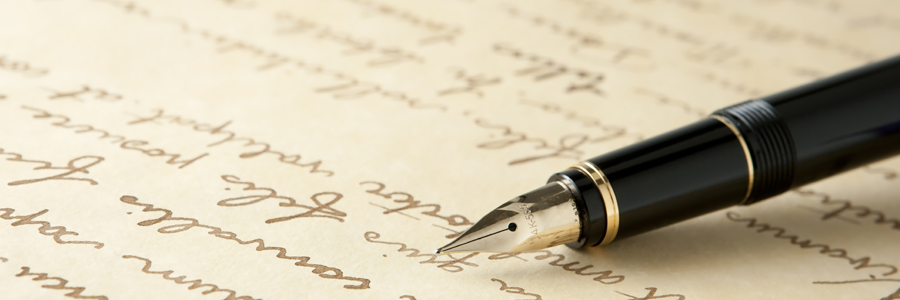
Logbook of an Ambassador
India’s strategic position in the world today
Prime Minister Modi has been in office now for some fifteen months. From the outset, his determination to reset India on the world map has been noticeable. That’s what the international strategic community is thinking of his achievements in this regard: From hindsight, it may well be seen as historic, when Modi skipped the Asia-Africa Summit in April 2015 held in Indonesia, with which the participating countries marked the 60th anniversary of the birth of the Non-Alignment Movement.
Read more
Leading India: Mission impossible?
It has been said before in this column: India’s new government does a few important things differently than most of its predecessor governments. First it is run by a party less identified with the country’s history of the last sixty years than the perennial Congress Party. Then it is led by a man who distinguishes himself with a stronger determination than what the Republic has seen over recent years in that position.
Read more
India and the Shanghai Cooperation Organisation
India is seeking membership of the Shanghai Cooperation Organisation, SCO. Why? And what is the SCO? PM Modi attended the SCO summit in Ufa, Russia, the other day and was welcomed as a new member by the next year. Along with India, Pakistan will also join the SCO. The Organisation, headquartered in Beijing, is a creation by Russia and China and counts the Central Asian States of Kazakhstan, Kyrgyzstan, Uzbekistan and Tajikistan among its members.
Read more
India’s role in global trade
In global trade, power has shifted and new blocs have been created. After two decades of changes in the fundamental structures of the global trading system, China has risen to the rank of the mega-trader of its own class, whereas the USA, Canada and the European Union have consolidated their dominance of the Transatlantic Trade and Investment region and the USA, Japan, South-Korea together with smaller Asian economies represent the Trans-Pacific trading bloc.
Read more
Is the Indian Ocean India’s Ocean?
The “Persian Gulf” is a well-established historical and geographical term, practically uncontested. Iran, today’s Persia, would not allow anybody to shorten it just to the “Gulf” or, even more daringly for Iran, to alter it to “Arab Gulf”.
Read more
World Economic Forum in Davos: Where was India?
For international politics and economics, the World Economic Forum (WEF) in Davos is not the measure of all. But the media reporting about the WEF still holds lessons for all. Davos is an annual platform for leaders who remind the world who is still relevant or relevant again. Some of the countries keep coming back to the limelight every year, because they remain relevant.
Read more
From strategic choices to strategic needs
India’s role in international affairs is not at the level of its potential. We have written this before, in this column. Partly, it has to do with India’s economic and industrial growth over the last twenty years, which has remained below the performance of other emerging economies, let alone of Asian and other tigers. Another reason may be the weakness of its leaders over the same time span.
Read more
From strategic options to strategic choices: Prime Minister Modi’s regional policies
India’s Prime Minister seems to have visions for his country’s place in the world and the strength to do something for it. In an earlier comment, we already recognised the Prime Minister’s balanced approach to strategic partnerships. When receiving the Chinese leader, recently, he constructively agreed on a substantial partnership for the development of Indian infrastructure, but did not hesitate to raise controversial topics in the presence of his state guest.
Read more
Prime Minister Modi’s domestic priorities and strategic options
India’s Prime Minister has certainly the right domestic priorities and best intentions herein. Implementing his election campaign promise of better governance, he has started to courageously and forcefully tackle endemic corruption, which is the major obstacle to development. Development should be and is Modi’s ultimate goal.
Read more
Prime Minister Modi: his Hindu credentials and India’s Hindu-Muslim past
The Prime Minister has had a good start in office. Reputational risks from his anti-Muslim past seem under control; the US and the rest of the world’s governments have accepted to deal with him as the legitimate head of India’s Government. But for history-minded observers, the anti-Muslim legacy remains of interest.
Read more
